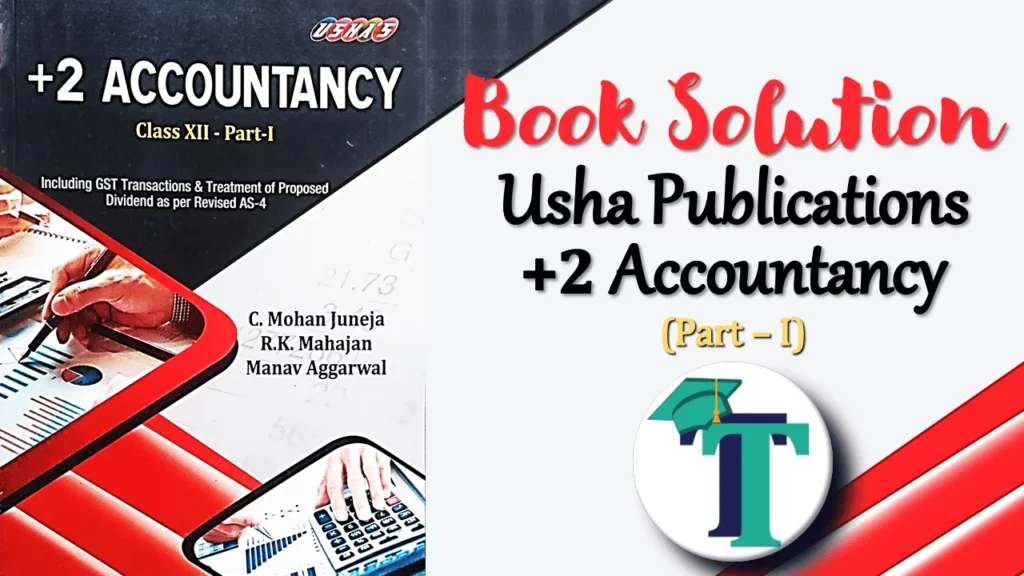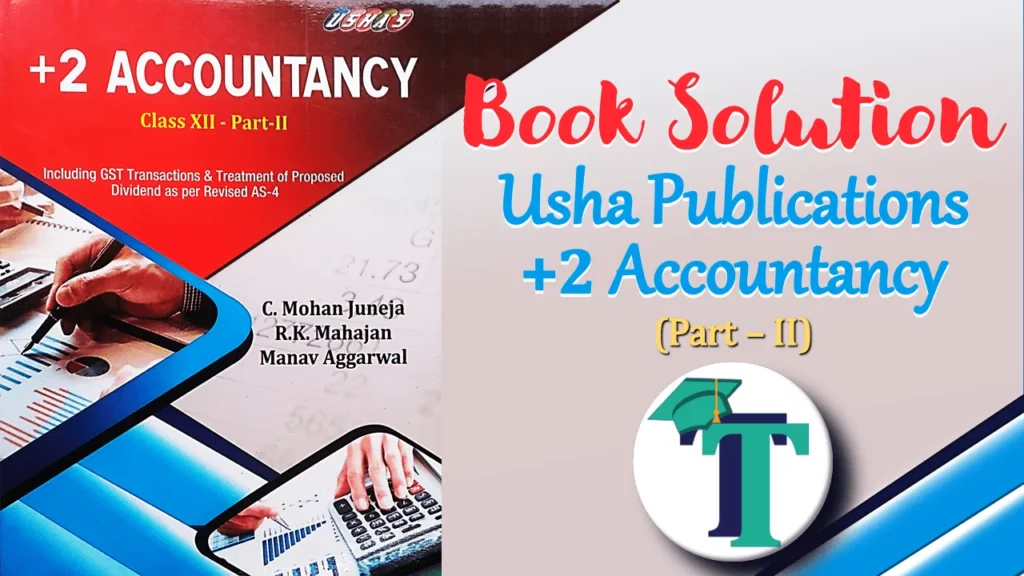
Advertisement
In this article, you can check out the Syllabus for Class 11 Business Studies 2024-25 – PSEB and you can also download the syllabus in the PDF Format.
CLASS-XI
Session: 2024-25
BUSINESS STUDIES
Time: 3 Hrs
Theory: 80 Marks
INA/Project work:20Marks
Total: 100 Marks
SYLLABUS
Part I : Foundations of Business
Unit 1: Business, Trade and Commerce
• Introduction – Role of Business in the development of economy.
• Concept of Business, Characteristics of Business Activities
• Business, profession and employment – Concept and comparison
• Classification of business activities – Industry and Commerce
• Industry-types: primary, secondary, tertiary Meaning and subgroups
• Commerce-trade: (Types-internal, external; wholesale and retail) and Auxiliaries to trade; (Transport and Communication, Banking and Finance, Insurance and Warehousing, Advertising and Public Relations) – meaning
• Objectives of Business – Profit and other Objectives
• Business Risk-Nature and Causes
• Starting a Business-Basic Factors
Unit 2: Forms of Business organisation
• Sole Proprietorship-Concept, Features, Merits and Limitations.
• Joint Hindu Family Business: Concept, Features, Merits and Limitations.
• Partnership-Concept, Features, Merits and Limitations.
• Types of Partners, Types of Partnerships, Partnership Deed, Registration of a Partnership firm.
• Cooperative Societies-Concept, Features, Merits and Limitations. Types of Cooperative Societies
• Joint Stock Company – Concept, Features, Merits and Limitations; Types: Private and Public Company.
• Choice of form of business organisation
Advertisement
Unit 3: Private, Public and Global Enterprises
• Introduction, Public Sector and Private Sector Enterprises – Concept
• Forms of Organising Public Sector Enterprises: Departmental Undertakings, Statutory Corporations and Government Company (Concept, Features, Merits and Limitations)
• Changing Role of Public Sector.
• Joint Ventures: Concepts, types, and benefits.
• Global Enterprises – Feature, Public Private Partnership – concept.
Unit 4: Business Services
• Business Services – Meaning, Nature, Difference between services and goods.
• Types of services
• Banking: Types of banks, functions of a commercial banks, e-Banking – Meaning and benefits.
• Insurance – Functions, Principles and Types – Life, Fire and Marine Insurance.
• Communication Services, Postal Services, Telecom Services.
• Transportation.
• Warehousing: Concepts, types and functions.
Unit 5: Emerging Modes of Business
• e-Business: concept, scope and benefits. Traditional Business versus e-Business.
• Limitations of e-Business.
• Online Transactions, Security and Safety of e-Transactions, e-Business Risks
• Resources Required for Successful e-business Implementation.
Unit 6: Social Responsibilities of Business and Business Ethics
• Concept of social responsibility, Need for Social Responsibility.
• Arguments for and against social Responsibility.
• Kinds of Social Responsibility
• Social Responsibility towards Different Interest Groups.
• Business and Environmental Protection
• Business Ethics – Concept and Elements.
Part II: Corporate Organisation, Finance and Trade
Unit 7: Formation of a Company
• Introduction, Promotion of a company
• Functions of a Promoter, Documents Required – Memorandum of Association, Articles of Association etc.
• Incorporation
• Capital Subscription
• One Person Company.
Advertisement
Unit 8: Sources of Business Finance
• Meaning, nature and significance of business finance
• Classification of Sources of funds, Sources of finance- Retained Earnings, Trade Creditor, Factoring, Lease Financing, Public Deposits, Commercial Papers, Issue of Shares- Equity Shares, Preferences Shares, Debentures, Commercial Banks, Financial Institutions.
• International Financing- Global Depository Receipt (GDRs), American Depository Receipt (ADRs), Indian Depository Receipt (IDRs), Foreign Currency Convertible Bonds (FCCBs).
• Factors affecting the choice of the source of funds.
Unit 9: MSME and Business Entrepreneurship
• Micro, Small and Medium Enterprises: Meaning and role
• Problems associated with MSME
• MSME and Entrepreneurship Development.
• Intellectual Property Rights- Importance and types.
Unit 10: Internal Trade
• Internal trade – meaning and types-Wholesale trade and retail trade, services rendered by a wholesaler and a retailer
• Types of retailing trade-Itinerant and fixed shops retailers
• Fixed shop large stores-Departmental stores, chain stores – concept, features, advantages and limitations.
• Mail Order Houses, consumer cooperative store, super markets – concept, features, advantages and limitations. Vending machines.
• GST (Goods and Services Tax): Concept and key-features
• Role of commerce and industry associations in promotion of internal trade.
Unit 11: International Business
• International Business: concept and reasons and scope
• International Business vs. Domestic Business
• Benefits of International Business
• Modes of entry into international business- Exporting and Importing, advantage and limitations.
• Contract manufacturing, licensing and franchising, Joint Ventures, wholly-owned subsidiaries, – meaning, advantages and limitation.
• Export-Import procedures and documentation.
Download PDF
Download the PDF of the Syllabus for Class 11 Business Studies 2024-25 – PSEB For Free of cost
Advertisement

Check out Solutions of Various Books of Accountancy for Class 12 For PSEB
Punjab School Education Board (PSEB) Solutions of Usha Publication.
If you’re a student enrolled in the Punjab School Education Board Class 12, it’s essential to explore a wide range of books to cover the syllabus thoroughly. While the prescribed textbooks are undoubtedly valuable, supplementing your studies with additional resources can enhance your understanding and knowledge. Consider checking out other books that align with the curriculum, offering different perspectives and insights on the subjects you’re studying. These supplementary materials can provide you with alternative explanations, practice questions, and examples that may aid in clarifying complex concepts. Moreover, exploring diverse sources can expose you to a variety of writing styles and viewpoints, fostering a broader understanding of the subjects. So, seize the opportunity to expand your learning by delving into other books that can complement your studies and contribute to your academic growth.
Advertisement


